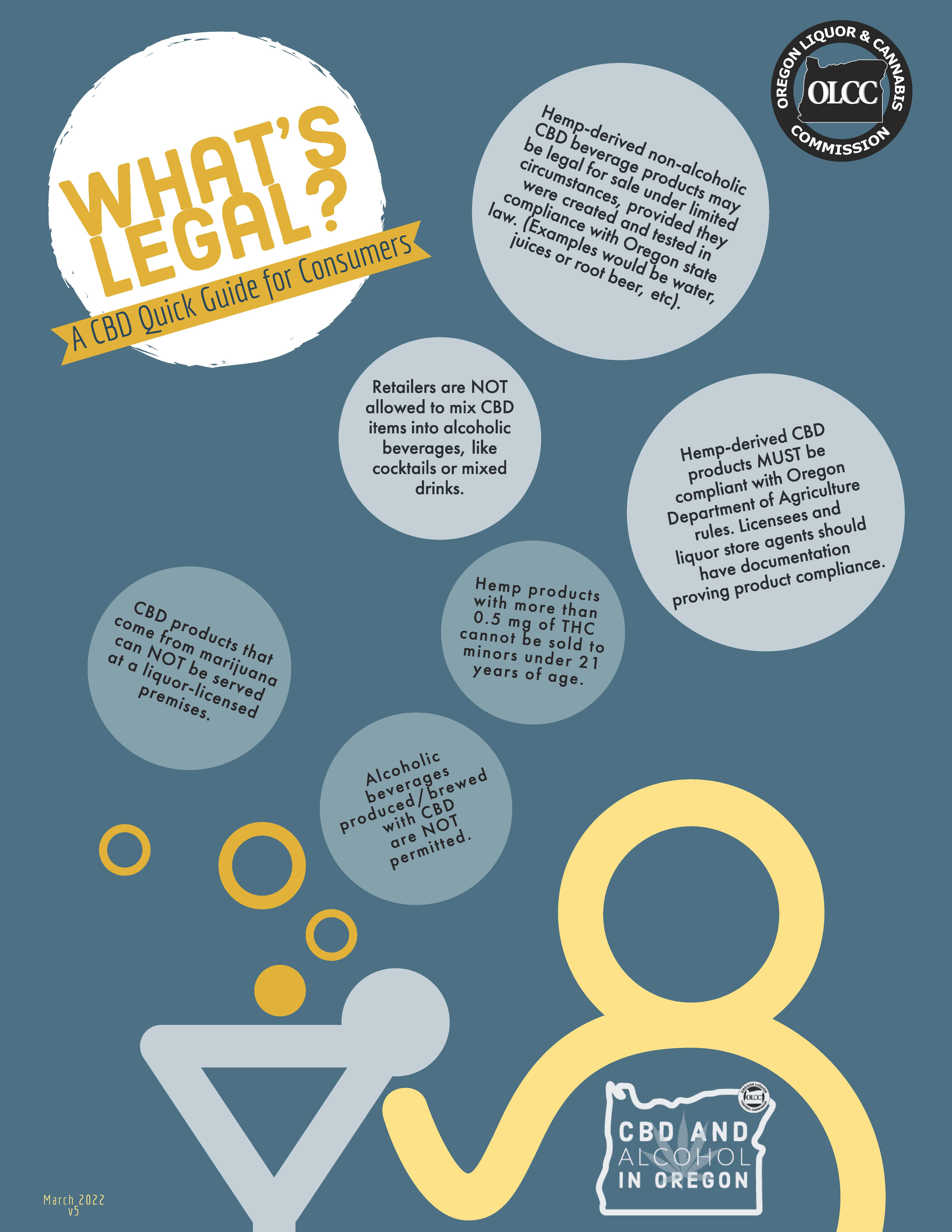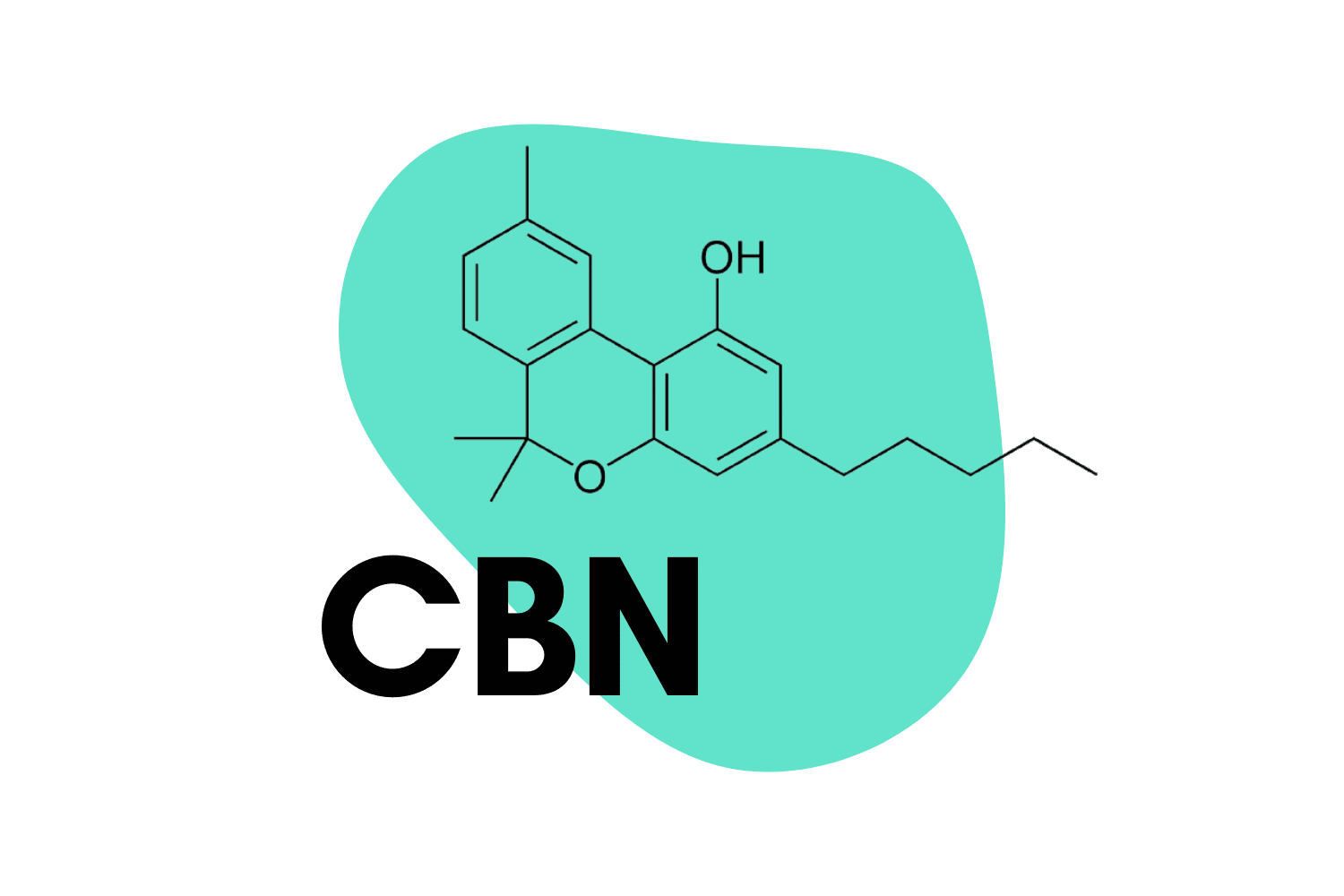
Cannabidiol, or CBD, is a key ingredient in some skin care products. It is a nonpsychoactive chemical that regulates skin's immune response. It has been shown to reduce inflammation, redness, and irritation. CBD has also been shown to be a promising treatment for acne.
Cannabinoids regulate the immune response in the skin
Cannabinoids' anti-inflammatory and immunosuppressive abilities are well-known. Because they are skin-friendly, cannabinoids could be used as therapeutic agents to treat skin conditions such psoriasis or dry skin. They are still being studied for their potential effects.
Cannabinoids can affect the function of many cell types within the skin. They also block pain and inflammation. It is extremely promising that these compounds can influence skin health and lead to new drug development.
Cannabinoids reduce inflammation
The anti-inflammatory and antiitch properties of cannabis are being sought by dermatologists for a range skin conditions. Some of these include melanoma (keratinocyte carcinoma), psoriasis (keratinocyte proliferation), and psoriasis. Fortunately, it is also not very harmful to skin, so it has great potential for use in skin care products.

Animal models have provided valuable insights into the pathophysiology and mechanisms that control their development. This has spurred new research into potential treatments for these conditions. Cannabinoids are a new category of treatment that has positive results and few side effects.
Cannabinoids reduce redness
Cannabinoids reduce redness in the skin and may help to treat rosacea. Although cannabis has not been tested in humans for this purpose, dermatologists are still interested in cannabinoids. Rosacea, a chronic inflammatory skin condition that affects more than 40 million people around the world, is known as "chronic inflammatory skin disorder". It is most prevalent in individuals ages thirty to fifty years old. It affects approximately 16 million Americans.
Phytocannabinoids reduce skin inflammation. They also interact with the body's endocannabinoid system to regulate many bodily process. They reduce sebum production and inhibit pro-inflammatory cytokines. These effects were demonstrated in multiple in vitro experiments and in humans.
Cannabinoids reduce irritation
Cannabinoids are natural ingredients which have been found to reduce skin inflammation. They have a number of uses, including treating eczema, a skin condition characterized by dry, red, cracked skin. These compounds can also reduce the pain and itching that is associated with psoriasis.
Cannabinoids can stimulate the skin's endocrinoid system. This can help with the discomfort of psoriasis. It is an autoimmune condition that results in the rapid accumulation and maturation of skin cells. These immature skin cells cause irritation and redness, which can lead to psoriatic joint disease. There is potential for cannabis to be used as a treatment. Studies have shown that cannabinoids might be an effective way to manage this condition.

Cannabinoids delay signs of aging
Cannabinoids can have many benefits for your body, including CBD. They can help delay the signs and symptoms of aging by reducing inflammation. They work via the endocannabinoid process to help protect cells and fight free-radicals. Cannabinoids aren't psychoactive, unlike many other substances. They are therefore safe for human consumption.
Endocannabinoids are essential for proper functioning of many functions in the human body. This system is important for neurodevelopment. This system is also important for modulating the functions of other major neurotransmitter and neurotransmitter mechanisms.
FAQ
Which countries produce the highest quality CBD?
The United States is the largest producer of CBD products.
But Canada, Australia, New Zealand, and Israel are also producing high-quality CBD products.
What are some of the common mistakes that companies make when entering America's cannabinoid market
Uncertainty about the regulations for cannabis products is the first mistake. This could be a sign that your product formulation needs to be changed.
Unskilled labeling is the second. You must know whether your product contains CBD, THC, or both.
Thirdly, you should understand how to package your product correctly. If your product contains THC, you need to ensure it is packed in child-resistant containers.
If your product does not contain THC, then you should still follow all packaging laws because there are many states where cannabidiol (CBD) is legal.
Remember to keep track of any recalls for your products. If there is a problem with your product, it is important that you inform customers as quickly as possible.
How much CBD do I need?
The type of product that you're buying determines how do you decide to do it.
CBD oils can be purchased in strengths of 100mg up to 1,000mg per bottle.
There are many companies that make CBD products in very specific dosages. For example, 25mg, 50mg or 75mg.
For example, the company Charlotte's Web makes CBD products with precise amounts of CBD and other cannabinoids.
You can start slowly if you aren't sure if CBD will work for your needs.
You can always climb higher.
Is the CBD industry saturated?
The CBD industry is experiencing a growth rate of over 25% annually. This growth is expected to continue for at least another five years. In fact, the industry is expected grow from $2Billion today and $5Billion by 2020.
Two companies currently dominate the CBD market - GW Pharmaceuticals & Canndoc Ltd. Both companies are focused on the development of pharmaceutical-grade CBD products. They have not been very effective so far. Both are struggling to gain traction on the market.
Cannabidiol is an extract of cannabis with less than 0.3% CBD. It does not have any psychoactive properties. It can be used to treat epilepsy or other medical conditions. It can also be used as a dietary supplement.
There are many kinds of CBD products. Some are made using whole plant extracts, while others use isolated cannabinoids such as CBD.
These products all have one thing in common: they contain low amounts of THC.
They are therefore legal under US federal law. You still need to comply with local laws when you sell CBD products. Always check your state's laws regarding CBD products.
Additionally, CBD products in some states are illegal. These include California and Colorado, Florida, Mississippi. Missouri, New York. North Carolina. Ohio. Oklahoma. Oregon. Rhode Island. South Dakota. Texas. Utah. Virginia. Washington.
CBD products should not be made if you reside in these states.
What are the differences in CBD price between different states?
Prices for CBD products can vary depending on where you live. Prices can vary by as much as ten times depending on where you live.
Prices tend to increase as you move further north. For example, in Alaska, CBD costs an average of $35 per gram, while in Hawaii, it costs around $200 per gram.
This trend continues across the country. The prices range from $5 to more than $2,500 per gram.
Why is it happening?
Prices vary because of different levels of regulation. Some states require that CBD products contain no THC (the psychoactive ingredient of marijuana). Some states don't care how much THC is present.
Because of this, some companies choose to sell their products in one state and then ship them to another state.
Statistics
- OralWhere HED is the human equivalent dose, and Km is a correction factor estimated by dividing the average body mass (BM) of the species (60, 0.020, and 0.150 kg for 11 humans, mice, and rats, respectively) and by its surface area (see: Nair et al. (ncbi.nlm.nih.gov)
- The inhibition of FAAH is predicted to lead to an increase in brain and plasma concentrations of AEA, which acts as a partial agonist at CB1R and CB2R, thereby increasing endocannabinoid tone [92, 110]. (ncbi.nlm.nih.gov)
- A recent systematic review of human trials also reported that individuals with epilepsy receiving CBD (5–20 mg·kg−1·day−1) were more likely to experience decreased appetite than those receiving placebo (i.e., ~20 vs. 5% of patients) (ncbi.nlm.nih.gov)
- The use of these products is likely to become even more widespread if the World Health Organization's recommendation that CBD no longer is scheduled in the international drug control conventions is adopted by the United Nations member states [201]. (ncbi.nlm.nih.gov)
- HR −16 mmHg; 95% CI −26, −6; I2 = 92%) (ncbi.nlm.nih.gov)
External Links
How To
What are the most common problems in the CBD industry?
The market for CBD is growing at an astonishing rate. Businesses looking to get into this market face many obstacles. These include lack of consumer awareness and high costs of entry, limited capital access, and regulatory uncertainty.
Many consumers aren't aware of the benefits and limitations of CBD. This means that they cannot make informed decisions about whether or not to buy CBD products.
As a result, most CBD companies rely heavily on word-of-mouth marketing. This is costly, as it requires advertising and the hiring of staff to promote their brand.
High production costs are another problem facing new entrants in the CBD industry. CBD products require a lot of raw materials. CBD oil can only be made if hemp is grown in the right climate and soil conditions.
Grow enough hemp to produce CBD oil requires approximately $1,000 per annum. Many small farmers are unable or unwilling to invest in this product.
A lack of capital access is another issue that new entrants will face in the CBD marketplace. Because of the stigma associated with this industry, many people are discouraged from opening a business.
Last but not least, there is regulatory uncertainty regarding the sale and distribution of CBD products. There are currently not clear guidelines as to how CBD products should marketing.
Although some states have passed legislation restricting CBD product sales, this has not become a national policy.
Only two states, Nevada and Maine, have yet to legalize recreational marijuana.
Massachusetts and Michigan, however, are exploring similar options.
These changes could cause increased competition among CBD manufacturers.
Many entrepreneurs prefer to work at home over starting a business.